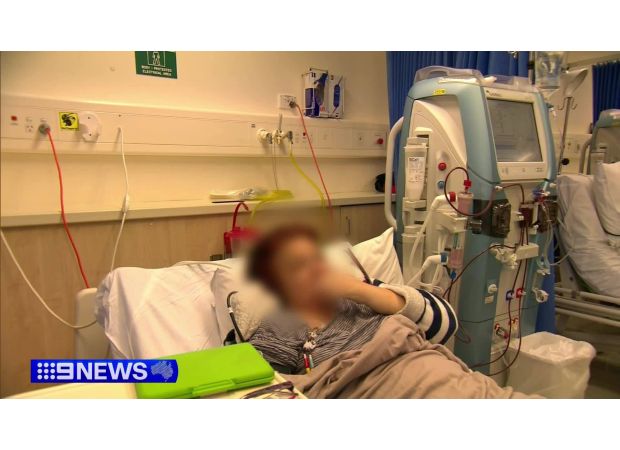Doctors warn of limited supply and rationing of crucial treatment.
Urgent kidney failure treatment is being limited due to insufficient resources caused by years of neglect, according to specialists.

Medical professionals in Sydney's western region are raising an urgent concern about a potential healthcare crisis. The lack of resources and investment in recent years has led to a shortage of lifesaving treatment for patients with kidney failure, leaving doctors to ration the treatment and causing harm to their patients.
A group of about 45 doctors and specialists from various hospitals in the western, south-western, and Nepean/Blue Mountains districts have joined forces, calling on the NSW Health for immediate attention to the issue. They stress the severity of the situation, stating that they are now providing dialysis treatments at levels similar to those in developing countries.
In a letter co-signed by the group, they express their fear of being forced to deny treatment or choose which patients to provide it to, a decision they are not prepared to make. Shadow Health Minister Kellie Sloane has also spoken out, emphasizing the critical point that has been reached and labeling it an emergency.
The doctors reveal that since late May, 127 dialysis patients have had their treatment reduced from three times a week to twice a week. Additionally, 52 patients are receiving shorter treatments than recommended, and more than 92 patients have to travel over an hour to receive the necessary treatment.
The gravity of the situation is further highlighted by Dr. James Mallows, Chair of Medical Staff at Nepean Hospital, who describes the patients as fragile, vulnerable, and very sick. He explains that if they had access to more dialysis, they would not need to visit the hospital as frequently.
The National Dialysis and Transplant Registry has reported that the three local health districts in question have the highest number and growth rate of dialysis patients in the country. With an estimated 300 more people needing treatment every year, the current supply is not sufficient.
Deborah Willcox, Deputy Secretary Minister of Health, has acknowledged the seriousness of the issue and assures that efforts are being made to invest and improve renal services in Western Sydney and the rest of the state. However, the doctors and specialists are calling for immediate action to prevent further harm to their patients and address the shortage of life-sustaining treatment.






